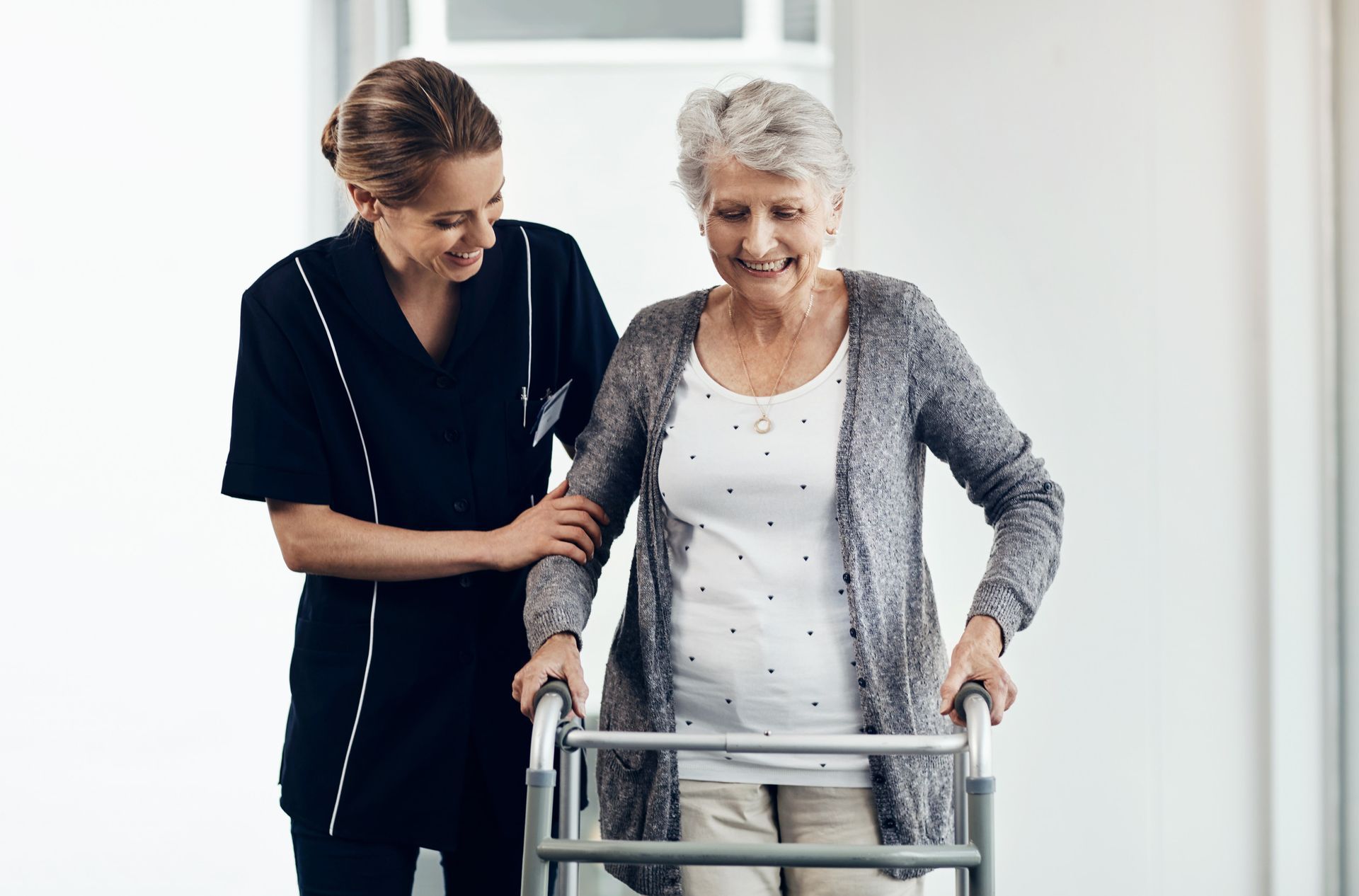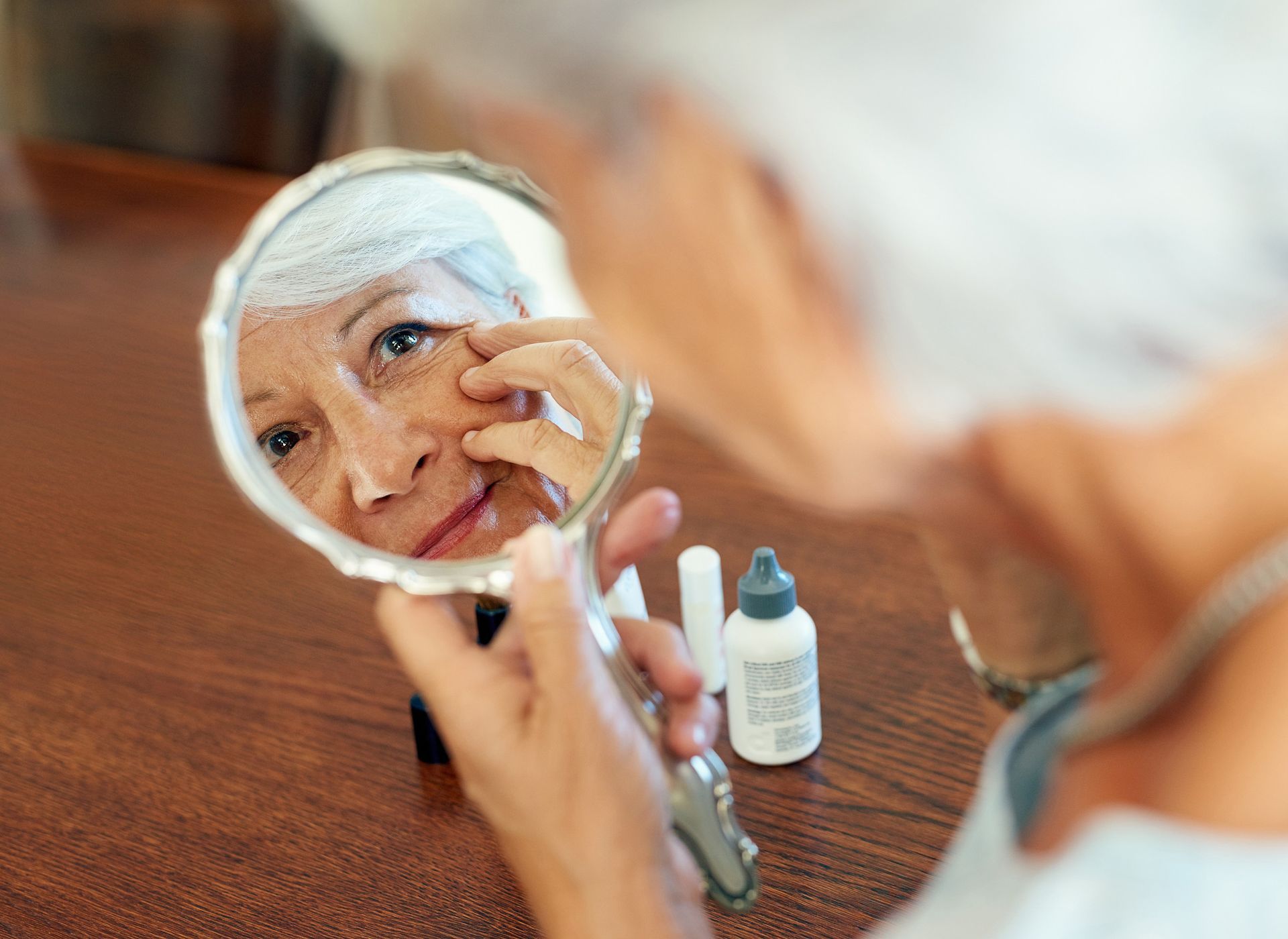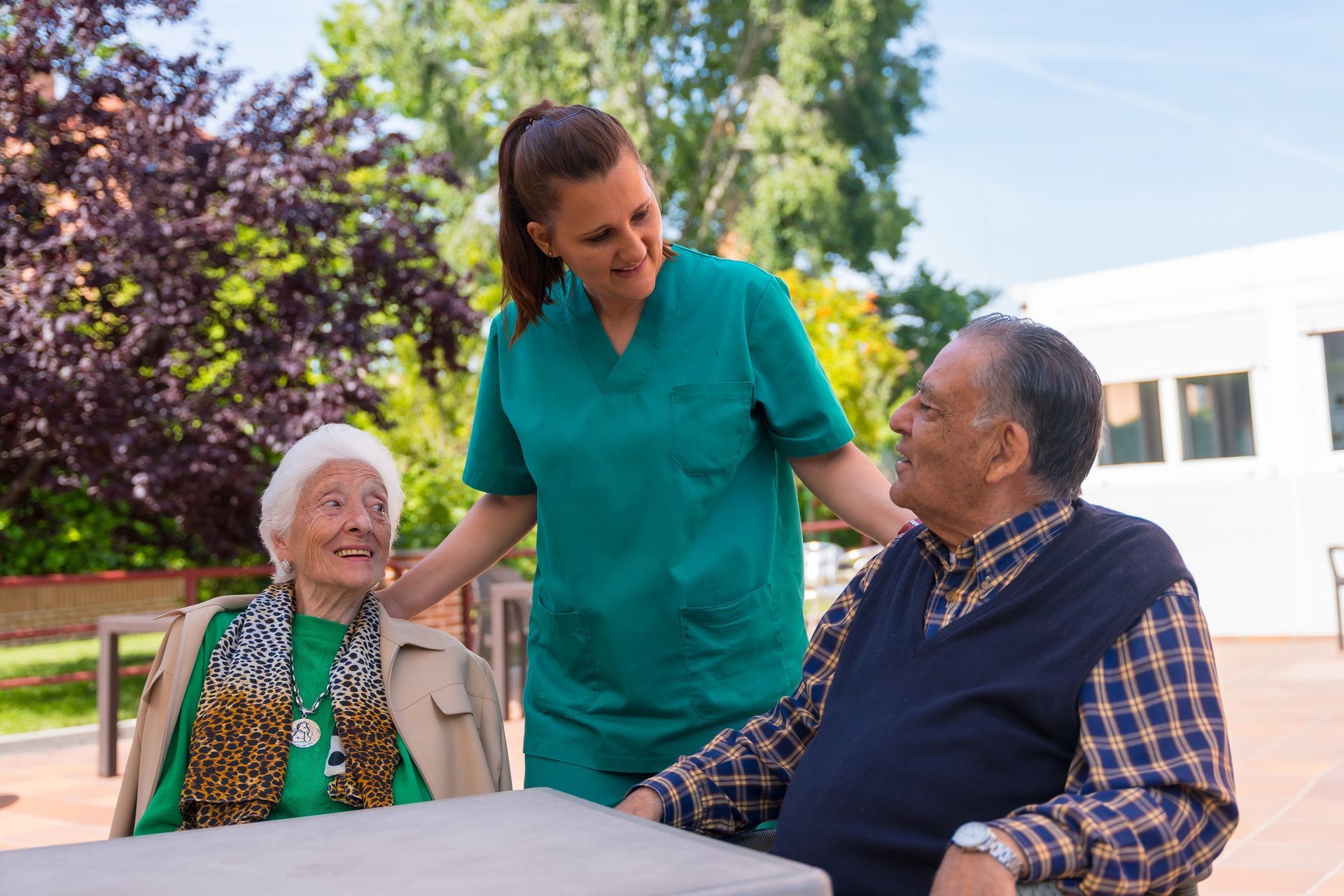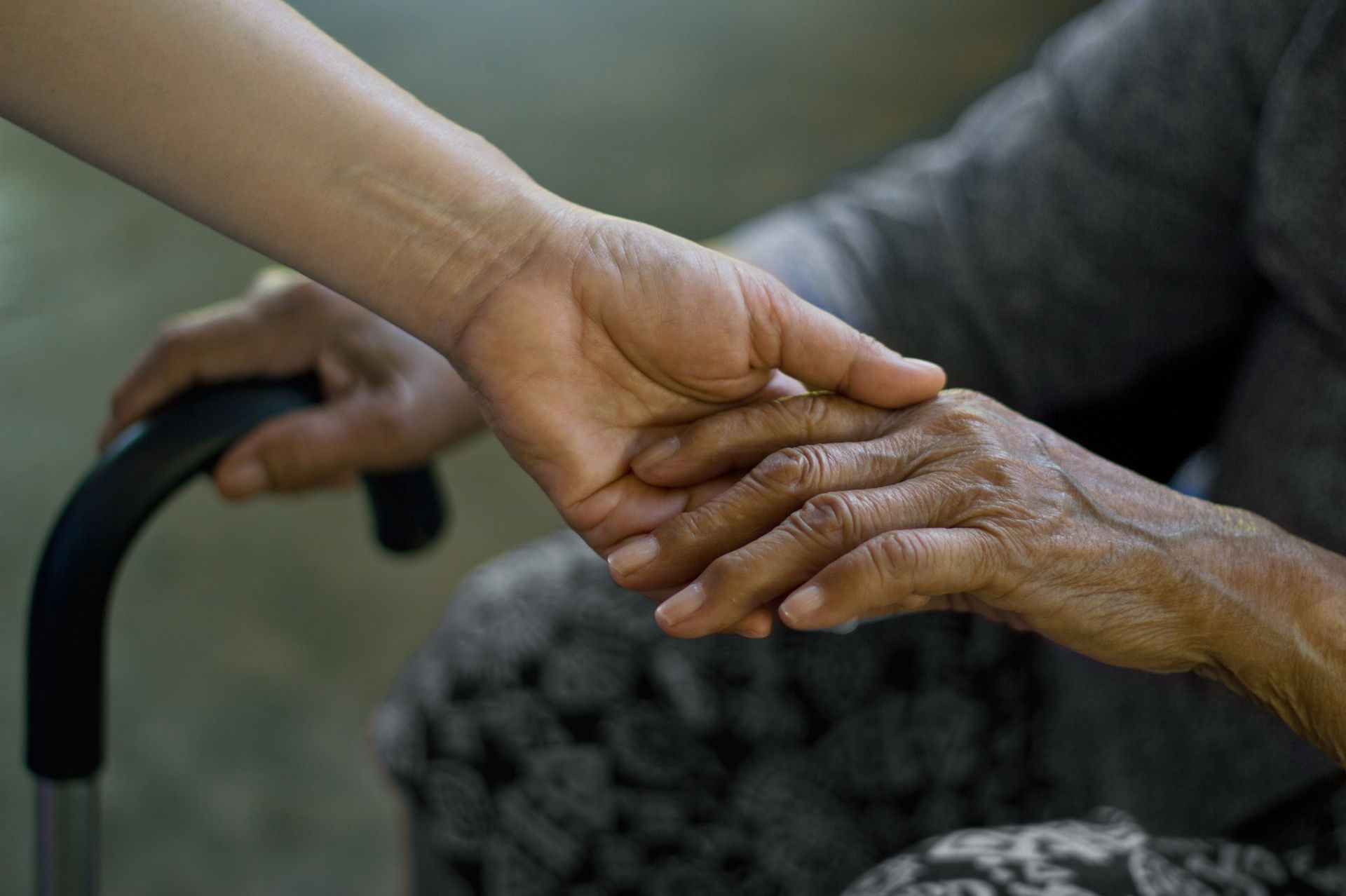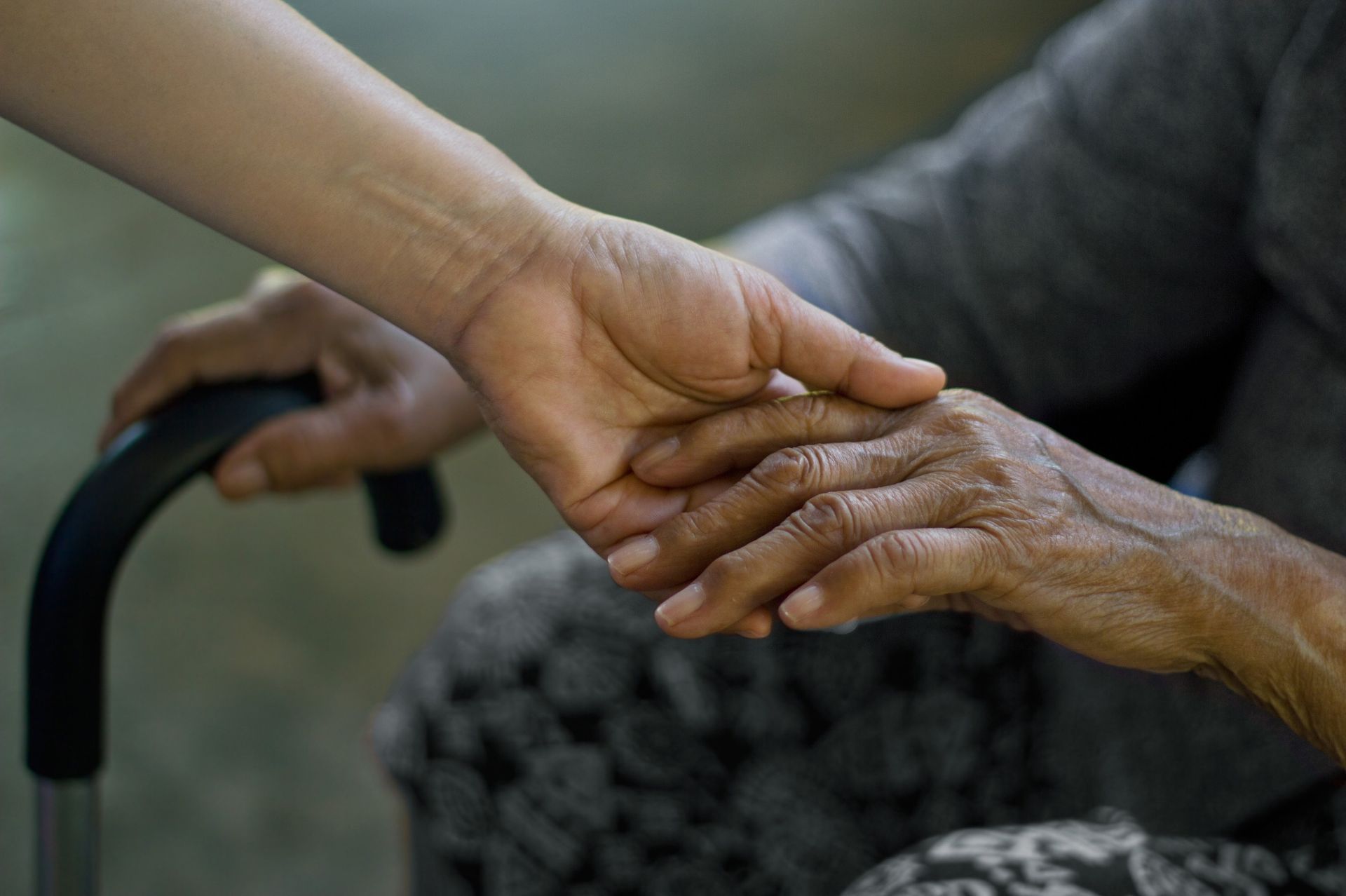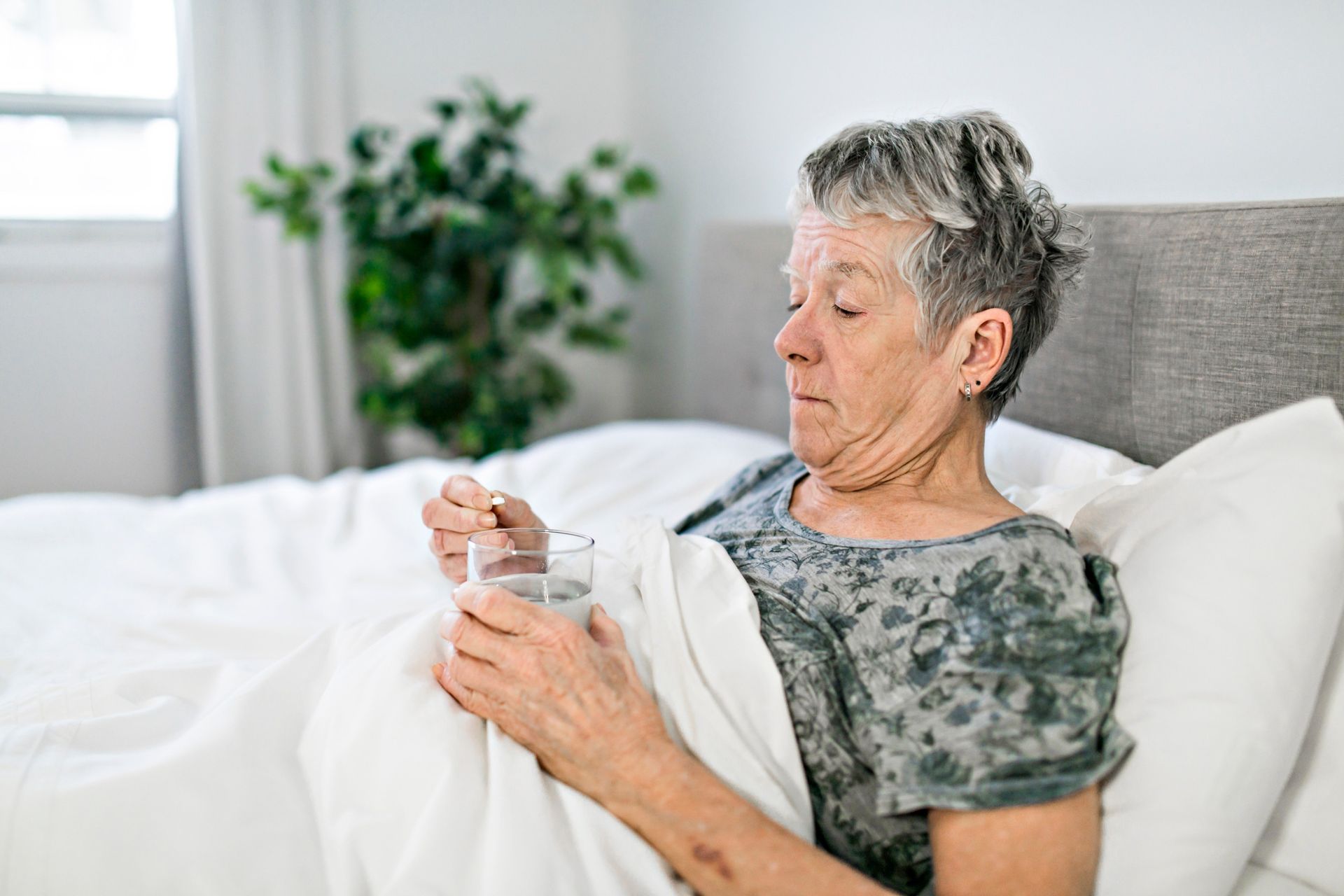How Home Care Aides Help Seniors Get Exercise
As people age, staying active becomes more important but also more challenging. Home care aides play a vital role in helping seniors maintain an exercise routine.
They provide personalized attention and motivate seniors to engage in physical activities. With guidance, seniors can perform exercises safely, reducing the risk of falls and improving mobility.
Home care aides understand individual needs and tailor workouts accordingly. This support not only boosts physical health but also enhances mental well-being.
Encouraging seniors to keep moving is crucial for maintaining independence and a high quality of life. By partnering with a skilled aide, seniors receive the care and attention they need to stay active.
This blog post will explore the various ways in which home care aides assist seniors in getting exercise and its positive impact on their overall health.
The Benefits of Exercise for Seniors
Staying physically active as one ages is crucial for maintaining overall health and longevity. Regular exercise offers numerous benefits to seniors, including:
- Improved cardiovascular health: Engaging in activities like walking or swimming can strengthen the heart and enhance blood flow.
- Increased strength and balance: Strength training and balance exercises help prevent falls, keeping seniors safe and independent.
- Better mental health: Exercise releases endorphins, which can elevate mood and reduce symptoms of depression and anxiety.
Challenges Seniors Face in Getting Regular Exercise
Many seniors encounter obstacles that prevent them from engaging in regular physical activity. These challenges can stem from various sources:
- Physical limitations: Conditions such as arthritis, osteoporosis, and chronic pain can hinder movement and make exercise daunting.
- Lack of motivation: Without encouragement or guidance, seniors may find it difficult to maintain a consistent exercise routine.
- Fear of injury: Concerns about falls or injuries can be significant barriers to getting started with any form of exercise.
- Limited access to facilities: Seniors may not have easy access to gyms or community centers that offer suitable exercise programs.
Home care aides play a pivotal role in overcoming these barriers, tailoring exercise programs that accommodate individual limitations and preferences. Their expertise and support help seniors to stay safely active.
The Role of Home Care Aides
Home care aides serve as crucial allies in assisting seniors to overcome challenges and maintain an active lifestyle. Their role encompasses various tasks and responsibilities tailored to the unique needs of each individual.
Personalized Exercise Plans
- Customization: Home care aides create customized exercise plans that cater to the specific health conditions and mobility levels of seniors. By addressing individual needs, aides can reduce the risk of injuries and enhance exercise effectiveness.
- Monitoring Progress: Regular check-ins and adjustments ensure that exercises are aligned with seniors' capabilities and health improvements, fostering a safe workout environment.
Motivation and Support
- Home care aides not only guide seniors through exercises but also provide the emotional support necessary to keep them motivated. Encouragement from dedicated aides can inspire seniors to push through difficult days and remain committed to their fitness goals.
Safety First
Prioritizing safety, home care aides ensure that seniors perform exercises correctly and use assistive devices when needed. An aide's presence offers reassurance, reducing fear of injury and encouraging more frequent physical activity.
Engaging seniors in regular exercise can be a shared goal for families and caregivers. Here are some strategies to consider:
Encourage Family Involvement
- Active Participation: Family members can join in exercise sessions, turning activities into family bonding experiences. This not only motivates seniors but also reinforces the importance of staying active.
- Shared Goals: Establishing shared fitness goals encourages mutual accountability and celebrates progress together, creating an environment of support and encouragement.
Set Realistic Goals
- Progress Tracking: Break down fitness goals into achievable milestones. Tracking these milestones helps maintain motivation by highlighting tangible progress and small victories.
Foster a Positive Environment
- Celebration of Achievements: Celebrate each improvement, no matter how small, to build confidence and willingness to continue.
- Remove Barriers: Ensure a safe space for exercise by removing obstacles and providing necessary equipment, creating a welcoming and accessible environment for physical activities.
Regular Check-Ins
Regular communication between seniors, family, and home care aides aids in addressing concerns and adjusting plans. Listening to feedback ensures that exercise routines remain enjoyable and safe.
Are you ready to empower your loved ones with the benefits of exercise?
The path to a healthier, more active life is well within reach for seniors, with exercise serving as a powerful ally in maintaining strength, independence, and happiness. Home care aides play an essential role in making this journey possible.
Seniors and their families are encouraged to prioritize physical activity and explore the benefits of partnering with a dedicated home care aide. By doing so, they can unlock a world of wellness and vitality that enriches the later years of life.
Visit our contact page to learn more about how our dedicated home care aides can support your family's journey to wellness.
KB Healthcare Insights
Quick Inquiry:
Footer Form
We will get back to you as soon as possible.
Please try again later.
Contact Information
Locations Served: Herndon, Reston, Arlington, McLean, Fairfax, Leesburg, Ashburn, Woodbridge, Manassas, Alexandria, Fort Belvoir, Lorton, Stafford, Fredericksburg, Springfield, Chantilly, Centreville, Burke, Fair Oaks, Fairfax Station, Manassas Park, and surrounding areas.
Phone: (703) 544-5194 | Mobile: (571) 274-0444
Address: 22648 Glenn Dr STE 304, Sterling, VA 20164
Email: info@kbhealthservices.com
KB Healthcare Services | Privacy Policy | Terms and conditions

